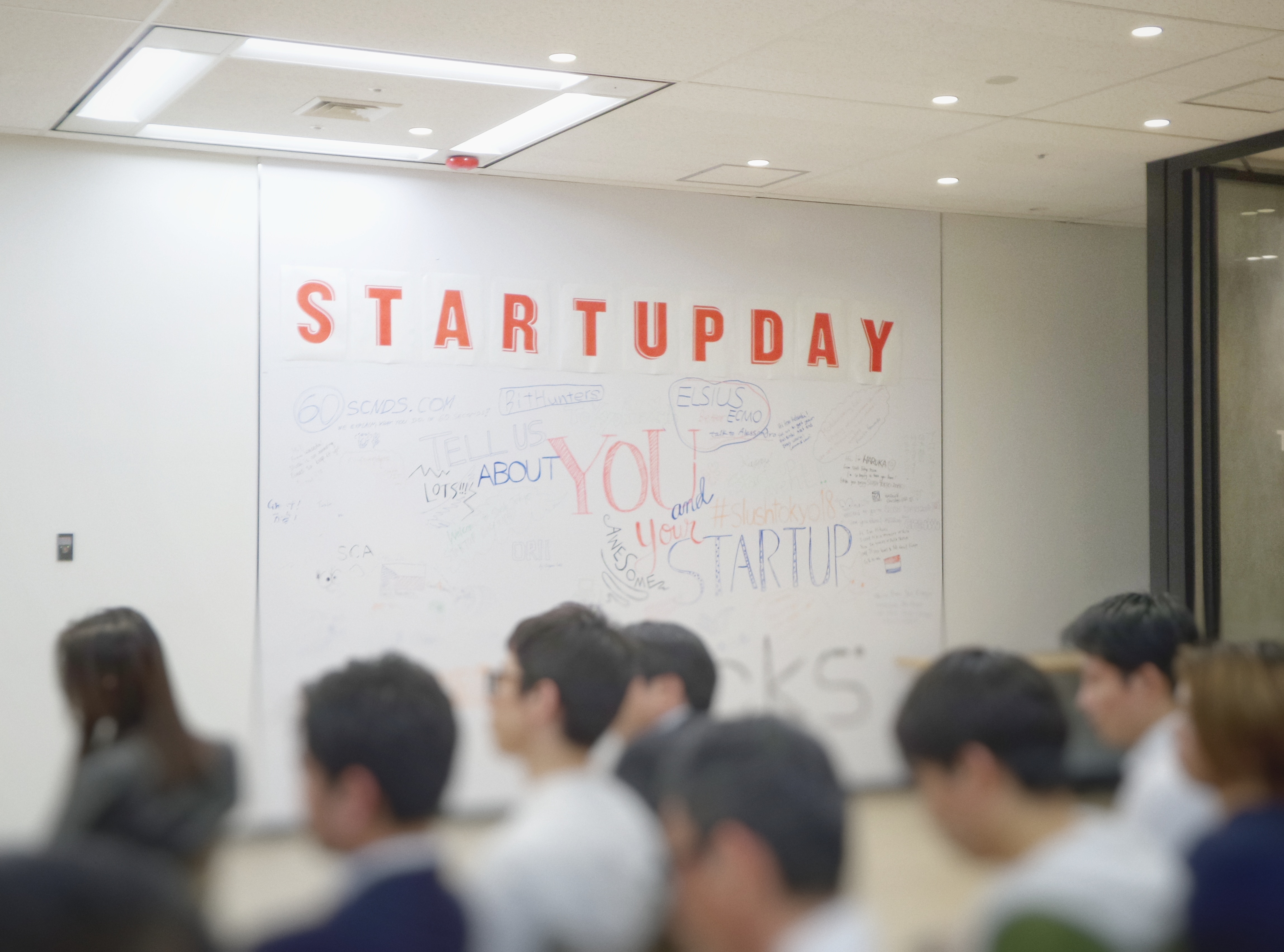Over the years, several friends, colleagues, and acquaintances have asked me about the steps required to create and grow a new company. There is no single set of rules that applies to every company—how could there be? Each company will grow in a unique environment determined by its location, industry, competition, and the local, regional, national, and worldwide economy.
Anyone who tries to tell you otherwise is trying to separate you from your money (at best) or dangerous (at worst). What I’d like to accomplish in this blog is to discuss some of the lessons I’ve learned as an entrepreneur over the past three decades. My hope is that at least some of them may apply to at least some of you—but I promise that not all of them will!
Timing is the great randomizer—a startup that might have thrived had it been founded a year ago may well be a flop today. Here’s an example. A friend of mine was CEO of a successful private company. He built it from scratch, with carefully designed short-, medium-, and long-term plans. Revenues and sales increased as planned, and the strategy was executed with precision. The stage was set for a successful IPO in September of 1990—August is typically one of the slower months of the year for public offerings. On August 2nd, 1990, Iraq invaded Kuwait—the start of the first Gulf War. The IPO window snapped shut and the offering was pulled. The same thing happened to countless companies during the Great Recession of 2008. But don’t fret—the reverse is also true—a Company that would fail if founded today may well flourish if founded just a few months from now.
So we’ve established that luck may play at least some role in success of a start-up. Put more broadly, there are likely factors affecting your startup that are not under your control. That is not an argument against forming a startup or for obsessing over those factors—but when attempting to create something substantial, lasting, valuable, and beneficial to society, it is best to begin the process with eyes wide open. Luck always represents an opportunity—fortuitous events can drive a business and negative events can benefit a business as well. The Roman philosopher Seneca wrote that “Luck is what happens when preparation meets opportunity” and over a century ago, Pasteur said that “Chance favors the prepared mind.” I hope you will consider yourself a lucky person and take advantage of the unplanned, unexpected, and sometimes unwanted events that you and your startup are certain to encounter.
By far the most important factor in the ultimate success of a startup is none of the areas discussed above– not location, industry, competition, economy, or luck. What matters most are the people with whom you choose to work. Circling back to my first comment, when people ask me about starting up a new venture, I always ask one question first. I don’t ask about their industry, product, development plans, business model, motivation, or the size of the yacht they yearn for in their dreams. Instead, I ask: “How much time will you devote to your startup?” I strongly believe that a meaningful startup requires a full-time effort from the Founder or Founders. When I hear academic scientists that want to “keep their options open” by staying at their day jobs, it gives me pause. If you have a vision for your new company, no one can make that vision a reality better than you can. If you have a vision for your new company, no one will be as dedicated to that vision or be as willing to overcome obstacles as you will. A new Company is like a new child—it needs to be nurtured. If you can’t make that plunge, wait until you can pour your heart and soul into the endeavor.
Again, this advice will not apply to everyone—if you’ve tossed something at your screen while reading, I’m guessing that you know best and should keep your day job!
Thank you for joining me. Next time, I’ll give an overview of the other questions about a start-up that you might consider asking yourself.

